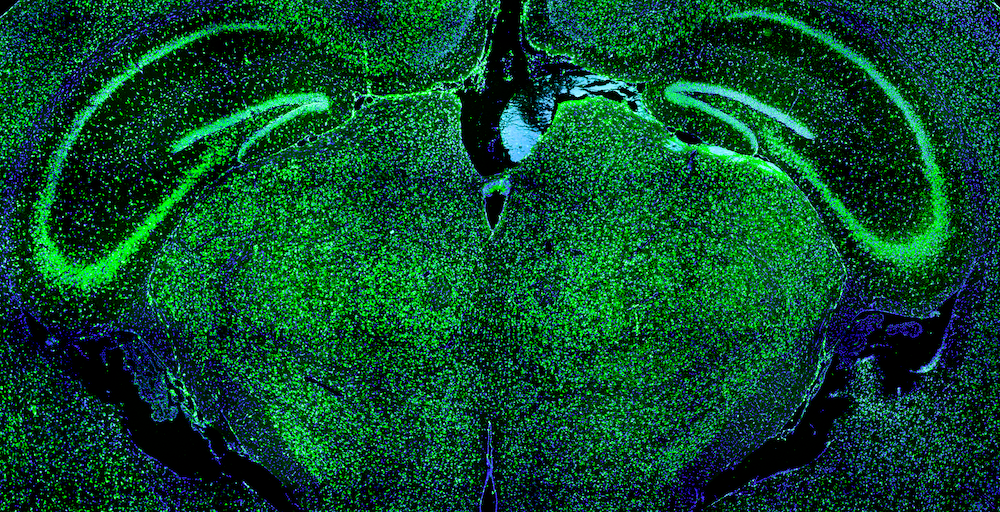
Launch your research as a Maraganore Fellow & be part of the RNA revolution.

January 28th - Jared Rutter, University of Utah School of Medicine

Check-out the new seminar format for 2025!
By interweaving nucleic acid scientists with clinicians dedicated to finding new cures, our goal is to create a new paradigm for organizing molecular research that enables the rapid application of new biological discoveries to solutions for unmet challenges in human health.

BRIDGE Innovation and Business Development at UMass Chan Medical School has committed nearly $2 million in funding this year for six UMass Chan Medical School investigator-led research projects that hold promise for translation to clinical application and commercialization. Dr. Li Li, assistant professor of RNA Therapeutics, was selected as a recipient for his project, Developing nucleoside-modified circular mRNAs as a durable and non-immunogenic platform for mRNA therapeutics. Read more»

Save the dates for our 7th annual RNA Therapeutics Symposium, June 25-27, 2025!
Abstract submission is OPEN and Registration to open in January 2025.

ScienceLIVE is an educational science outreach program for Worcester area middle schools. We provide opportunities for students to engage with our diverse postdoctoral and graduate student trainees through interactive, exciting virtual and hands-on STEM activities.


Erik Sontheimer, PhD, the Pillar Chair in Biomedical Research and professor of RNA therapeutics; Jonathan Watts, PhD, professor of RNA therapeutics; and Scot Wolfe, PhD, professor of molecular, cell & cancer biology, were awarded $2.3 million in new funding from the Rett Syndrome Research Trust to utilize base-editing and prime-editing technologies to correct mutations in MECP2.
Current treatments for Rett syndrome symptoms are palliative, but gene therapy clinical trials aimed at addressing the disease’s underlying causes are underway.
“I am cautiously optimistic there’s a good chance that these gene therapy approaches are going to be successful at making some difference. The editing approaches we’re working on have the chance to change disease outcomes even more profoundly, and perhaps enable patients to get much closer to normalcy, especially if the disease can be caught earlier,” Dr. Watts said.
Meet Craig Mello, part of the RTI at UMass Chan, who was awarded the 2006 Nobel Prize in Physiology or Medicine, with Andrew Z. Fire, for the discovery of RNA interference. The discovery of RNAi has given scientists unprecedented opportunities to develop new life-saving therapies and advance our basic understanding of biology.
Worcester, known as the “Heart of the Commonwealth” is located in Central Massachusetts